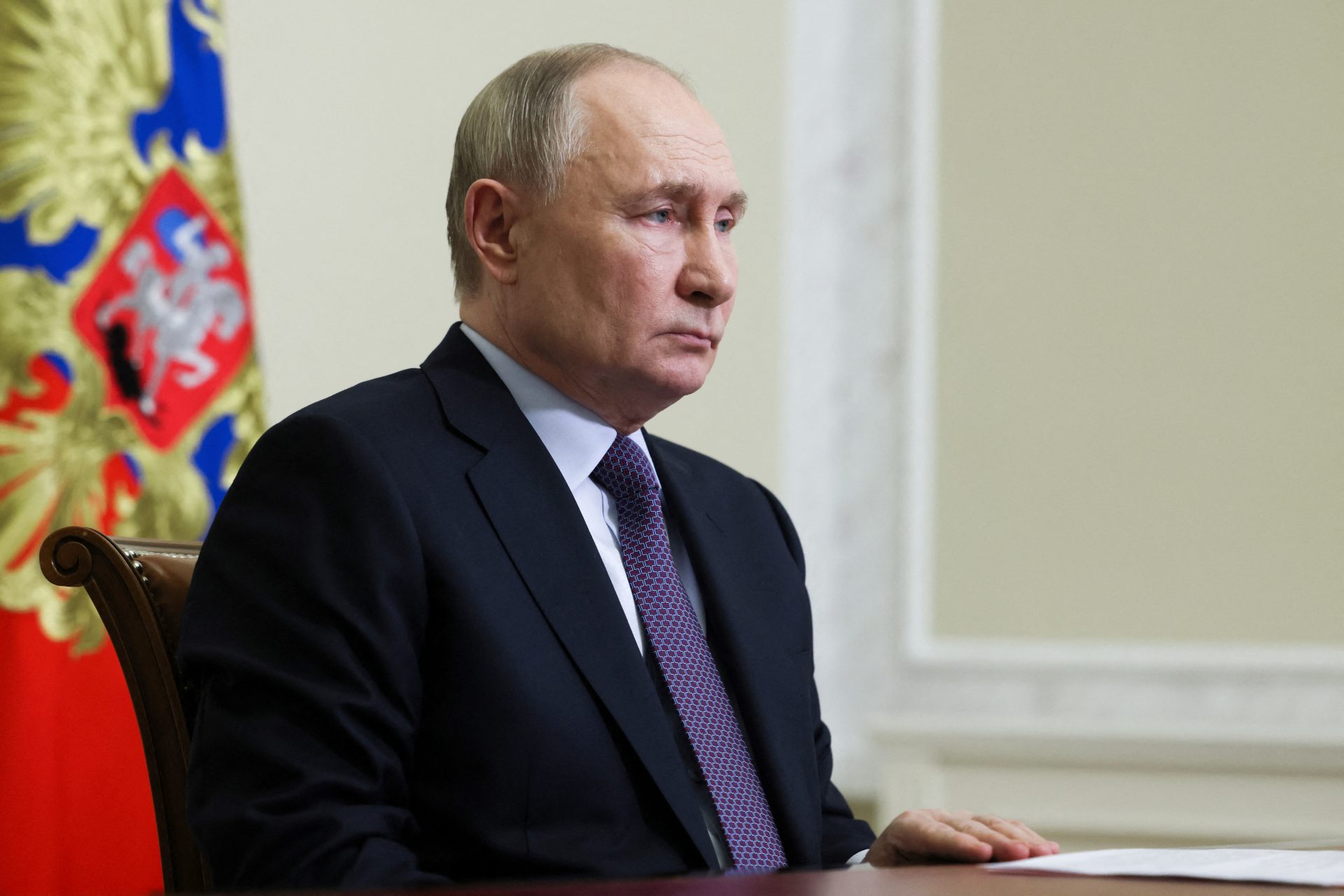This is how the Kremlin silences dissident voices in Russia
Being a journalist in Russia isn't easy, particularly if you question Putin. The war has caused the Kremlin's already tight grip on information tougher for independent news outlets.
According to The Guardian, Putin has been able to monopolize every aspect of Russian media, maintaining a large majority of supporters among the population.
International news channel Russia Today, which is funded by the Russian government, has been accused of trying to export disinformation and conspiracy theories for the benefit of the Kremlin. At least it works as a sneak peek into Moscow's perspective on current events.
What is true is that, with the government cracking down on dissident voices, it's hard to tell what's on the mind of the regular Russian population without contrasting viewpoints.
In September 2022, a Russian court sentenced journalist Ivan Safronov to spend 22 years in prison under treason charges, as part of the Kremlin’s crackdown on the free press.
The New York Times reported that Safronov worked as a defense reporter for the newspapers Kommersant and Vedomosti before being arrested in July 2020 under charges of disclosing state secrets to foreign intelligence agencies.
Taisia Bekbulatova, a friend and colleague of Safronov, told The Guardian that “the government has shown that for good, legal journalism work, you can go to prison for a long time. And it will have an enormous chilling effect.”
Bekbulatova commented that Safronov was well-known for writing about the failures of Russia’s Ministry of Defense, earning him powerful enemies such as Sergey Shoigu, head of the Russian armed forces.
“And it’s clear that Shoigu and others have enough resources in order to provoke a criminal case against him,” Bekbulatova told The Guardian.
Safronov denied the allegations that he was feeding information to foreign intelligence, claiming that all his reporting relied on sources available to the public.
Yevgeny Smirnov, a member of Safronov’s legal team, told The New York Times that the prosecution had been collecting information on his client since 2014, despite only pressing charges in 2020.
Pictured: Moscow City Courthouse.
“It feels like there was an order to lock up Ivan Safronov, and they started thinking how they could use what they got, what would be the charge,” Smirnov said. The lawyer fled Russia in 2021.
Smirnov believes that the Kremlin is using Safronov’s case as a warning for other Russian journalists. No other reporter has been given such a harsh sentence before.
Image: Tim Mossholder / Unsplash
“The government has shown that for good, legal journalism work, you can go to prison for a long time. And it will have an enormous chilling effect,” said Smirnov to The Guardian. In brings to mind cases such as Russian opposition leader Alexei Navalny.
According to The New York Times, Russian leader Vladimir Putin himself spoke about Smirnov’s legal case at the end of 2020.
The President of Russia claimed that Safronov’s criminal charges had nothing to do with his investigative journalism and that no one could be charged with treason for using publicly available information.
What is true is that the war in Ukraine and tension with the West over sanctions have brought far more rigid restrictions to journalists, including jail terms of up to 15 years for spreading misinformation.
Back in March of 2022, the radio station Echo of Moscow and the independent television channel Dozhd were taken off the air due to their coverage of the war in Ukraine.
While the Novaya Gazeta, described by Reuters as one of Russia’s last remaining independent newspapers, was closed down by court order in early September.
Whereas many Western news outlets such as BBC and CNN left Russia, refusing to play along with the Kremlin’s censorship.
Image: climatereality / Unsplash
More for you
Top Stories

































